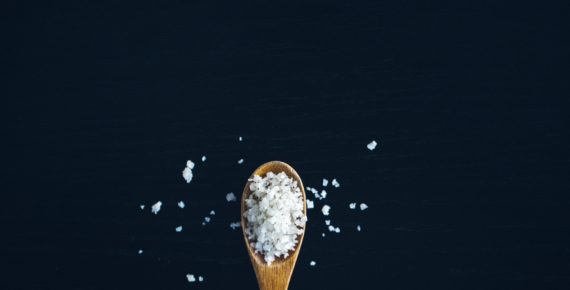
We’ve always known that living a healthy lifestyle can drastically decrease your chances of various types of heart disease. These typically include exercising, eating a healthy diet, maintaining a body mass index lower than 25, and not smoking.
One of the most common forms of heart disorder is sudden cardiac arrest (SCA). A study on 82,000 women found that those who followed all four healthy lifestyle factors were 92% less likely to suffer sudden cardiac death compared to those who did not. In particular, a healthy diet has had some astounding effects on reducing the risk of SCA. Let’s take a closer look at some of the findings.
Each year, 7 million people around the world will have a cardiac arrest, and the current survival rate sits at 5-10%. Not to be confused with a heart attack, sudden cardiac arrest can strike at any age or fitness level. It urges families, communities and individuals to take heart health seriously. A new approach to food and diet can give your heart health the boost it needs.
This important 26-year study found that a diet closely resembling a Mediterranean diet is the most beneficial in reducing the risk of SCA. This typically includes a diet rich in vegetables, fruits, nuts, omega-3 fats, and fish. Moderate alcohol and red meat consumption was also a significant factor in the reduction of risk.
Janet Bond Bril, PhD, RD, LDN, a heart health expert and author, recommends the following balance in your diet to maximise heart health:
• Fruits and vegetables: at least 4-5 servings per day
• Fish (preferably oily fish): at least two 100g servings per week
• Fibre-rich whole grains: at least three 30g-equivalent servings per day
• Sodium: less than 1,500mg per day
• Sugar-sweetened beverages: no more than 450kcal per week
• Nuts, legumes, and seeds: at least four servings per week
• Processed meats: no more than two servings per week
• Saturated fat: less than 7% of total energy intake
More specifically, the importance of omega-3 fatty acids from marine and plant sources are stressed. Dr Bril has suggested that we all aim for:
The effects of a healthy lifestyle, including a balanced diet, make an overwhelmingly positive change to our heart health. In particular, it can help prevent the risk of sudden cardiac arrest by providing the body with the right nutrients to run as efficiently as possible.
At Defib365, it’s our mission to provide businesses and communities across the UK with defibrillators. Investing in just one for your organisation can make the difference between life and death. Whether you would prefer to lease or buy our products, get in touch today on 0333 050 6649 to find out how we can help you.

A defibrillator might not seem like essential office equipment. But in an emergency, they could be the difference between life and death. Due to the growing awareness of the danger of sudden cardiac
Read More
We associate heart problems with poor lifestyle choices – unhealthy diet, lack of exercise, chronic stress – that sort of thing. However, science paints a more complex picture of heart health. Genetics also
Read More
Sudden cardiac arrests (SCAs) are like electrical malfunctions. They happen when the signal to your heart stops. As a result, the heart can’t pump blood to the brain and many fall unconscious. There
Read More
It’s one of life’s unfortunately grim statistics: there are more than 30,000 out of hospital cardiac arrests in the UK each year. Without rapid treatment using CPR and a defibrillator, chances of survival
Read More